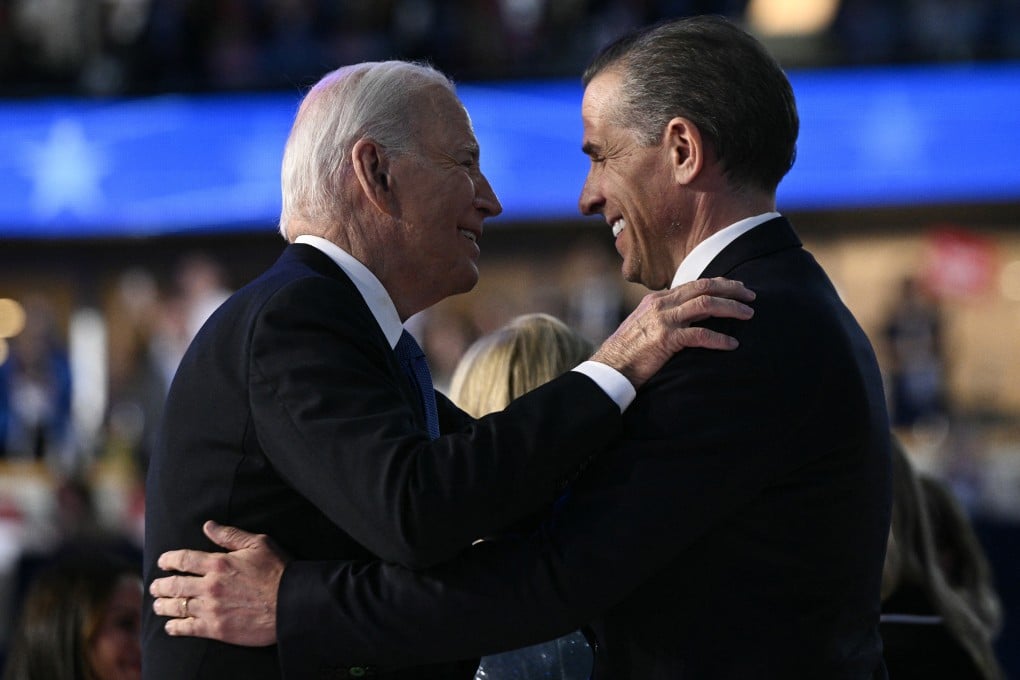Reflections | As Hunter Biden pardon and Chinese history show, equality before the law a wish not a fact
The idea that no one is above the law was mere aspiration in imperial China. Biden pardoning his son shows it to be so in United States too

Joe Biden recently issued a presidential pardon to his son Hunter Biden in one of his final acts as the president of the United States. The younger man was earlier convicted on gun and tax charges but will not face any jail time after receiving a “full and unconditional pardon”.
“When you become president, your role is pater familias of the nation,” Jared Polis, the Democratic governor of Colorado, posted on X. “Hunter brought the legal trouble he faced on himself, and one can sympathize with his struggles while also acknowledging that no one is above the law, not a president and not a president’s son.”
The equality of everyone before the law is an ideal that not many societies can live up to, even supposedly democratic ones like that of the US.
There is an old Chinese saying: “When princes break the law, they are subjected to the same punishment as commoners.” For almost the entirety of China’s past, this was more an aspiration than a reflection of reality.
Tasked by the Qin ruler with strengthening the state, Shang Yang (390–338 BC) launched a series of reforms in 356BC and 350BC that transformed the way the state of Qin was governed.


